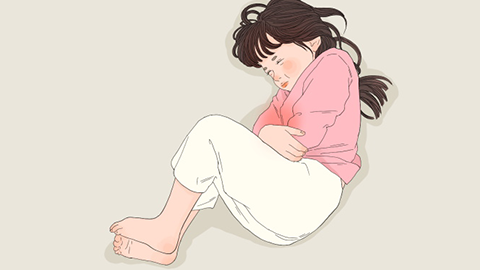How can adenomyosis be treated to achieve a complete recovery?
Generally speaking, there is no such thing as "how to completely cure adenomyosis." Adenomyosis usually refers to uterine adenomyosis. Uterine adenomyosis may be caused by factors such as aging, ovarian function changes, genital abnormalities, endometrial inflammation, induced abortion, intrauterine surgery, hyperandrogenism, and others. It can be improved through conservative management, medication, and other measures. Prompt medical consultation and following medical advice for treatment are necessary. Details are as follows:

1. Aging and ovarian function changes: With aging, some women may experience declining or diminished ovarian function, which can cause abnormal hormone secretion, leading to excessive endometrial hyperplasia and resulting in uterine adenomyosis. Expectant management, which involves regular monitoring of disease progression, can be adopted.
2. Genital abnormalities: Due to various reasons, female genital organs may develop adhesive occlusion or blockage, causing menstrual blood not to drain properly. This can lead to endometrial tissue growing inside the uterus, causing uterine adenomyosis. Depending on the specific situation, surgical treatments such as adhesiolysis or uterine dilation should be conducted under a doctor's guidance to restore the normal structure and function of the reproductive organs.
3. Endometritis: If endometritis is not treated promptly and effectively, it can develop into chronic endometritis. Long-term inflammation can cause damage to the basal layer of the endometrium and abnormal proliferation during the repair process, inducing uterine adenomyosis and increased vaginal discharge. Anti-inflammatory and antibacterial medications such as ibuprofen sustained-release capsules, clindamycin hydrochloride capsules, and moxifloxacin hydrochloride tablets may be used following a doctor's instructions.
4. Induced abortion and intrauterine surgery: Intrauterine procedures such as induced abortion, curettage, and childbirth may damage normal endometrial tissue, causing injury to the basal layer of the endometrium and abnormal proliferation during the repair process, leading to uterine adenomyosis, often accompanied by infection. Anti-infective medications such as amoxicillin tablets, itraconazole capsules, and acyclovir tablets may be used under a doctor's guidance.
5. Hyperandrogenism: Abnormal hormone levels, especially hyperandrogenism, which may result from various causes, can lead to abnormal endometrial hyperplasia and the development of adenomyosis, causing menstrual disorders. Medications such as dexamethasone tablets, prednisone acetate tablets, and metformin hydrochloride tablets may be used following medical advice to inhibit androgen secretion.
Maintaining good lifestyle and dietary habits and undergoing regular physical examinations are recommended in daily life to detect and treat adenomyosis promptly.




